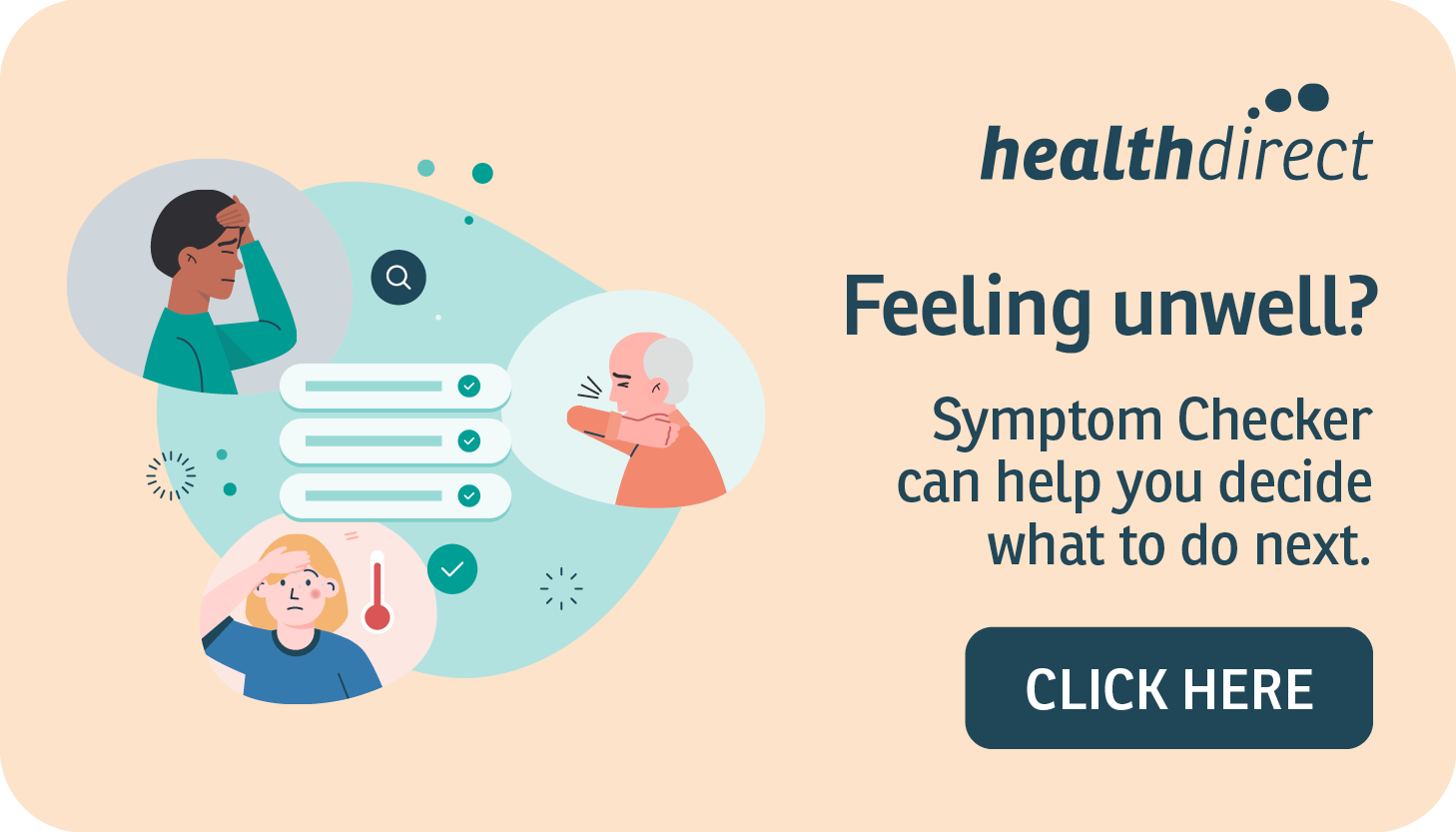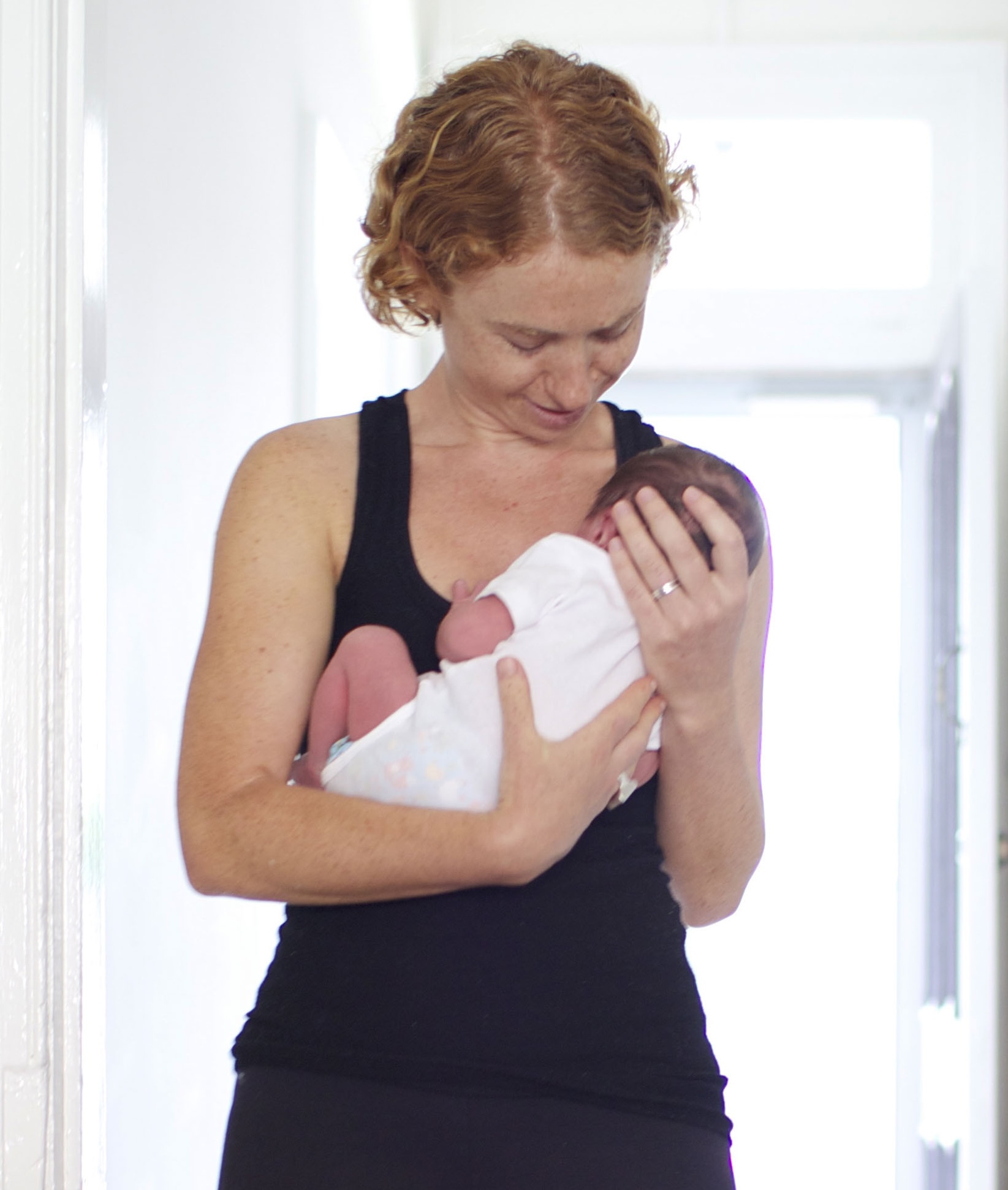From the outside, it may look like I have had the perfect entrance into motherhood. I have a loving husband, three gorgeous girls, live on a picturesque hobby farm in the Southern Highlands, and even run a Women’s Health Physiotherapy business, Enlighten Physiotherapy. However, no one can prepare you for the mental load and anguish of becoming a mother for the first time.
Historically we are made to believe it’s a wonderful time of our lives, something that comes naturally. Looking back at my journey, this set me up for what I believed was my failure as a new mum. Although I didn’t know it at the time, I was going to complete most of this journey without the help and guidance from my own mum.
My husband and I didn’t fall pregnant easily. Being told the primary factor for our fertility struggle was my age was difficult to hear. At 32 I believed I was young to begin our journey into parenthood. Not according to the medical profession. Thankfully we eventually fell pregnant with our first daughter Chloe, with a little help from acupuncture, and didn’t need to venture down the IVF route like so many others.
I knew I always wanted a natural labour with minimal intervention. Wasn’t this something our bodies were supposed to be able to achieve? My husband Ian and I attended birthing classes, read up on labour pain management techniques and I had all the books, education, and resources to help me achieve this. I do recall one conversation with my obstetrician where he said ‘Soph, we will get you through the birth, the hard part is afterward.’ How right he was.
The labour did not go as I had hoped. I did, however, feel calm and in control with the guidance of the midwives and my obstetrician Dr Michael van der Griend when my own body refused to cooperate with the ‘natural labour’ plan. Chloe was born via an emergency caesarian on the 14th of October 2014.
I had seen videos of babies instinctively creeping up to their mother’s nipple, effortlessly latch on, and start drinking. My experience with breastfeeding was quite the opposite. Excruciating pain, cracked nipples, bleeding, all exacerbated with a very hungry baby. I desperately sought help from GP’s and lactation consultants in my local area who assured me breast was best and to keep trying, ‘it will get easier.’ My instincts told me otherwise. I had a child who would scream for hours after a feed and was terribly difficult to settle during the day and night, and was later diagnosed with a milk protein intolerance. I tried almost everything – shields, lactation cookies, medication, pumping, lactation smoothies, and the list goes on. At one point I was pumping for 6 hours during the night and living on 1-2 hours of sleep. I became irrational, highly irritable, and extremely anxious. It was around this time my obstetrician flagged me for postnatal anxiety and I was referred to Gidget Foundation Australia.
Meeting my psychologist was a godsend at that point in time. Living in the Southern Highlands, I drove up the M5 each day with a newborn in tow and was welcomed into Gidget House in North Sydney. I can tell you it was well worth it for the caring, non-judgmental, and comforting environment they provided within their 4 walls. I was taught coping strategies and guided through with how to enjoy being a new mum, something which I had not experienced up until that point.
After a few sessions, I was doing ok and felt I did not need the assistance of Gidget House anymore. Not long after this point, my world came crashing down. Days after Chloe’s baptism at 5 months of age, my mother was diagnosed with a rare form of leukaemia and passed away 10 days later. Ian took over care of Chloe as I spent night and day by mum’s side during her final few days, wishing we had more time together and the opportunity to say goodbye.
Losing my rock, the one person I spoke to every day of my life, and the person who was supposed to direct me on how to be a mum, was utterly unbearable. She was the mother all of my friends knew and loved, who made every single one of the Women’s Weekly birthday cakes, and made everyone around her know how loved they truly are. My mother was the type to shy away from photos, so regretfully I have only a few photos of mum with Chloe.
Two days after mum’s passing I had a voicemail message from my psychologist at Gidget Foundation Australia checking in on me and seeing how everything was going. I wasn’t one to believe in psychic abilities, but she must have had a sixth sense of what I was going through. I soon returned to her care and she guided me through the worst time of my life.
I returned to Gidget Foundation Australia during my following two pregnancies that followed in quick succession. Elizabeth was born in February 2016 and Madeleine in October of 2017, making that three kids under three.
For me, Gidget Foundation Australia provided an extraordinary service, prevented the dark times from getting darker, and allowed me to see the light at the end of the tunnel. On a daily basis I see expectant and new mums in my clinic, hear their stories, and help guide them physically and mentally through their journey as mothers. I often share my own story either in the clinic or at educational seminars, aiming to help break the stigma around perinatal mental health and hoping it may encourage at least one mum to seek help. The Start Talking Telehealth Program, something I speak regularly to my patients about, allows rural and remote mothers an opportunity to gain access to this wonderful and potentially live-saving program. Hopefully, we may have a clinic closer to home in the near future.
Sophie's Story
Please submit your details below and we will be in touch soon.
Related Fact Sheets

a new mum's story
this Christmas





.webp)






%201.webp)












.png)

